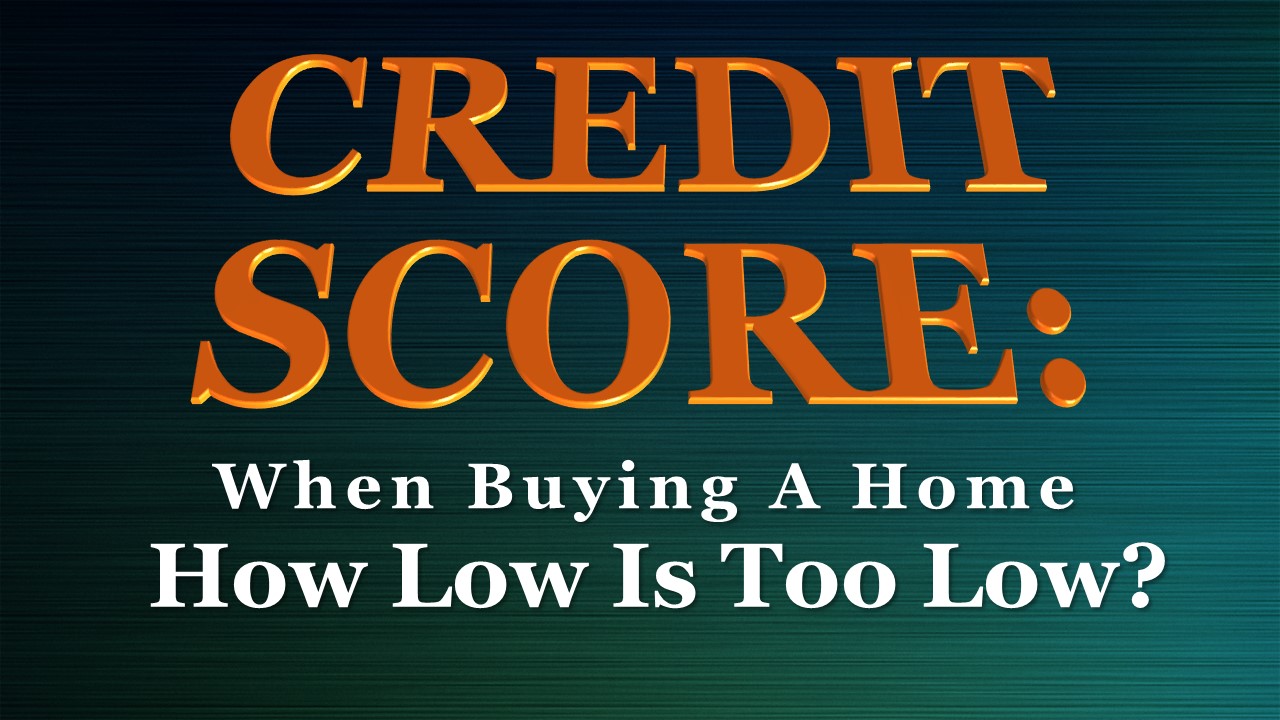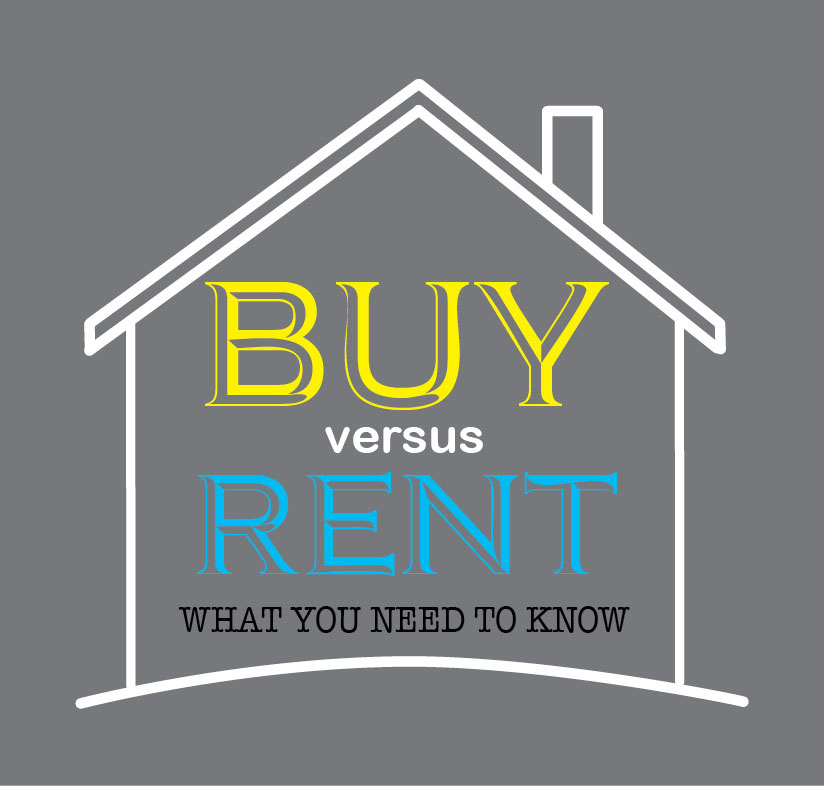Which Mortgage Is Best: Low or High Down Payment?
Good Morning!
I am often asked about home mortgages and what home loans are the best way to go. There are many options out there today and some options are certainly better than others depending on your situation. The following article is from "Realty Times" and it talks about the differences between loans with low down payments and those with higher downs.
The minimum down payment on an FHA loan is 3.5 percent, which makes it a popular choice among those who don't have the funds for a large down payment (and also those who don't meet the higher credit score requirements for other types of loans). And that's not even the lowest you can go. Loans like this one require only three percent down, and if you're a veteran or are buying a home in a rural area, you may be able to buy a home for nothing down. But should you go that low just because you can, or are you better off making a larger down payment? We're breaking it down.
The case for 20 percent
There are several advantages to putting down 20 percent when buying a home, like:
- Since the bank will generally consider you a lower risk because you have "more skin in the game," you may be able to get a lower interest rate than you would with other types of loans—as long as you have the credit score to support it.
- You'll have built-in equity as soon as you move in.
You can avoid paying private mortgage insurance (PMI).
- It's that last part that drives a number of people to strive for that 20 percent down payment since PMI can add several hundred dollars to a new homeowner's monthly payment, and it can be hard to get rid of it. "If you can put 20% down and avoid PMI, that is ideal, said certified financial planner Sophia Bera on Business Insider.
The case for as little down as possible
The biggest roadblock to homeownership for many people is coming up with the down payment, so minimizing that expense sounds great, right? "The good news is a first-time buyer can purchase a home for a little as three percent down - and even no money down in some cases," said U.S. News.
But is that a smart move?
"The less you put down, the higher the mortgage insurance is," Casey Fleming, author of "The Loan Guide: How to Get the Best Possible Mortgage" and a mortgage professional in the San Francisco Bay Area, told them. "With five percent down, the mortgage insurance is quite high."
Yep, there's that pesky PMI again, which, for many first-time buyers, pushes their monthly payment to a level they're not comfortable with. Another bummer about PMI: "If you need to pay PMI, the size loan you can get will be slightly smaller, to allow for the bigger payment," they said.
You may also have trouble qualifying for a loan even if you have a high enough credit score because you don't have enough cash reserves; if you are using all your savings for the down payment and the lender questions where the funds for your closing costs, taxes and insurance, and any needed repairs are coming from, you could have a problem.
But, on the flip side, a smaller down payment will up your rate of return, said The Mortgage Reports. "Consider a home which appreciates at the national average of near five percent. Today, your home is worth $400,000. In a year, it's worth $420,000.
Irrespective of your down payment, the home is worth twenty-thousand dollars more. That down payment affected your rate of return. With 20 percent down on the home - $80,000 - your rate of return is 25 percent. With three percent down on the home - $12,000 - your rate of return is 167 percent."
Even when you add in the PMI and a higher interest rate, the equation comes out in favor of the lower down payment. "With three percent down, and making adjustments for rate and PMI, the rate of return on a low-down-payment loan is still 106 percent - much higher than if you made a large down payment. The less you put down, then, the larger your potential return on investment."
The case for somewhere in between
Finding that balance between down payment and savings is a challenge for many homebuyers, and the sweet spot will be different for everyone depending on their unique circumstances and financial situation. Most financial experts will say that saving and scrounging to get together 20 percent at the risk of depleted savings and zero emergency funds is a shaky strategy, at best.
"If putting 20 percent down means that you use all of your savings, then don't do it! I would much rather see people put five percent down, wipe out all their other debt with cash, and still have three months of emergency savings versus putting 20 percent down on a house," said Bera.
Especially when you consider all the added costs you may be facing once you buy: "yard work, home repairs, renovation costs, property taxes, insurance, etc. It's important to consider all of the costs and not just compare the monthly mortgage payment to your current rent amount," she said.
Another thing to consider when evaluating how much you should put down is what would happen if you had an emergency. It's easy to lose sight of real-life issues that can arise when you are so driven to buy a home and focused on saving the money to get there.
"A financial event can leave you wishing you had access to the money without selling," said The Mortgage Reports. "Say you lose a job for three months. An extra $20,000 would be a nice safety cushion. And, if you lose your source of income, you can't take home equity out via a cash-out refinance or home equity line of credit (HELOC). Lenders won't approve a new loan to someone between jobs. In short, the more you need to get at the money, the less access you have to it."
If you have further questions on home loans, contact me. I work with some of the best mortgage professonals in the Eugene and Springfield area and I can get you connected with one of them.
Have an awesome day!
Price: $227,500 Beds: 3 Baths: 2 Sq Ft: 1920 Spacious and bright! Triple-wide manufactured home on its own lot. Features an open layout, vaulted/high ceilings & lots of natural light. Large living rm plus family rm. Kitchen w/ island & eating bar. Large open dining area. Master suite with 2 cl...



 Frequently, I get questions from would-be homebuyers in regards to credit scores and home purchases. There are requirements for any home loan on specific credit scores needed to obtain a loan. The following is a great article from "Realty Times" that explains the credit score process for home financing.
Frequently, I get questions from would-be homebuyers in regards to credit scores and home purchases. There are requirements for any home loan on specific credit scores needed to obtain a loan. The following is a great article from "Realty Times" that explains the credit score process for home financing.
 Many would-be homeowners are still choosing to rent instead of buying a home. Home buyer confidence remains low nationally, even though mortgage interest rates are at historic low levels. Here is an article from Realtor.com that gives some ideas as to why consumer confidence remains low among potential home buyers.
Many would-be homeowners are still choosing to rent instead of buying a home. Home buyer confidence remains low nationally, even though mortgage interest rates are at historic low levels. Here is an article from Realtor.com that gives some ideas as to why consumer confidence remains low among potential home buyers. 1014 Yew St
1014 Yew St



